Miúcha, The Voice of Bossa Nova
(Miúcha, a voz da bossa nova)
Liliane Mutti, Daniel Zarvos / Brazil, France, United States / 2022 / 98 min
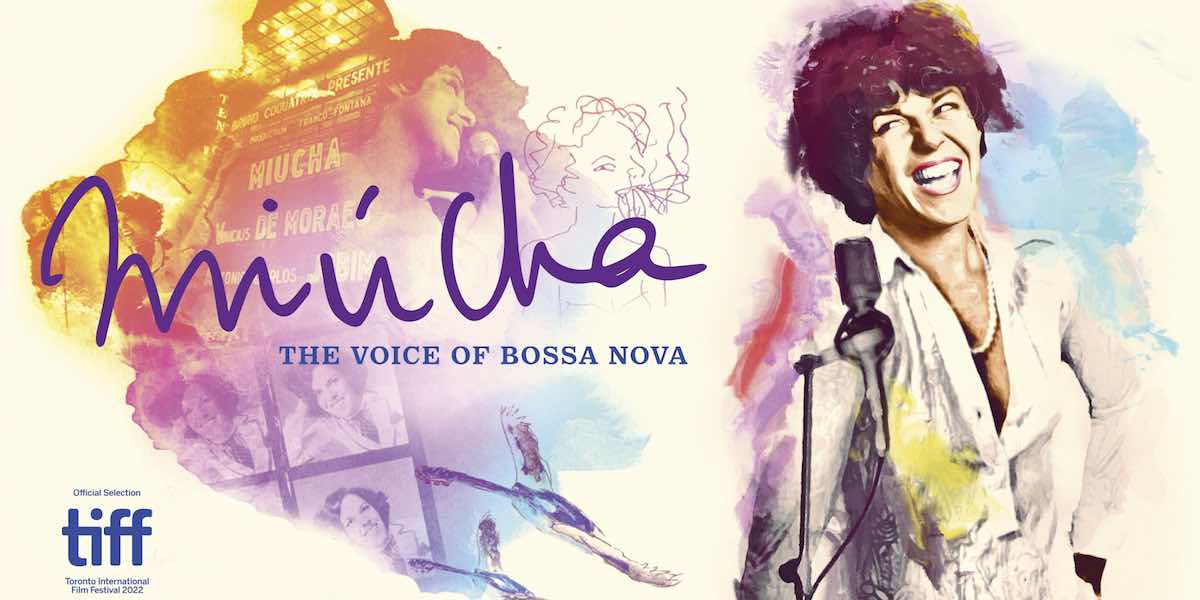
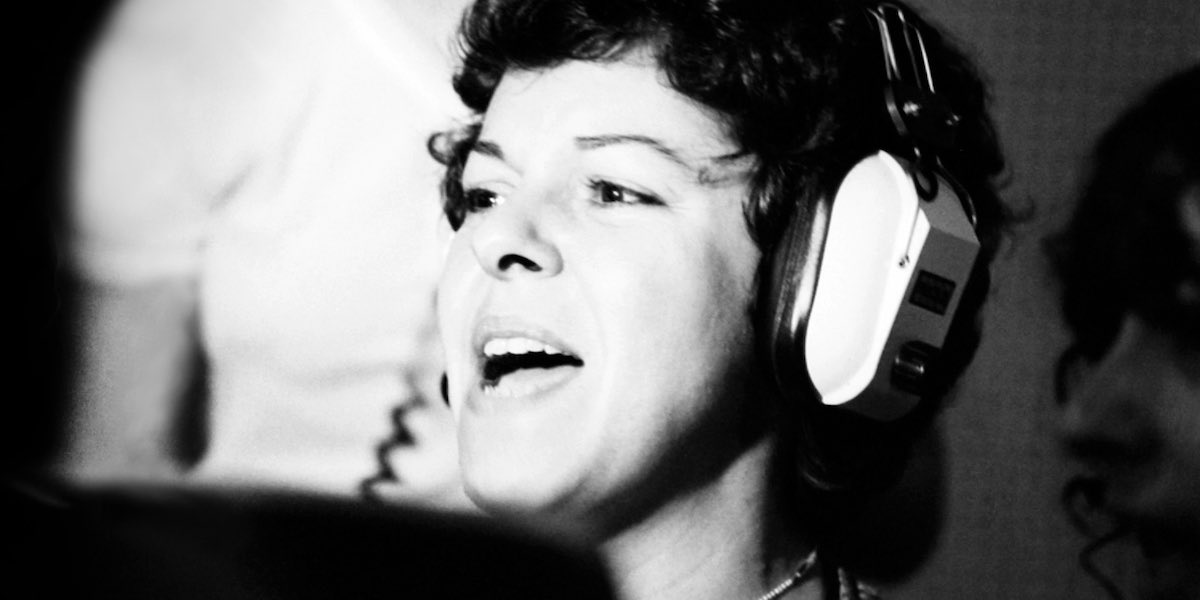
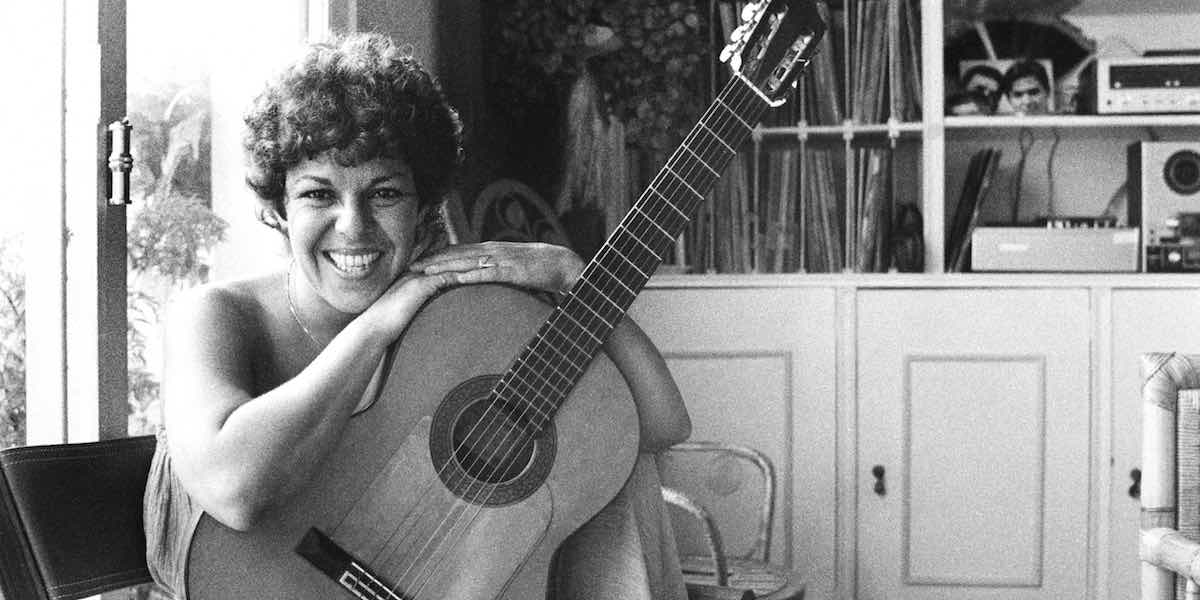
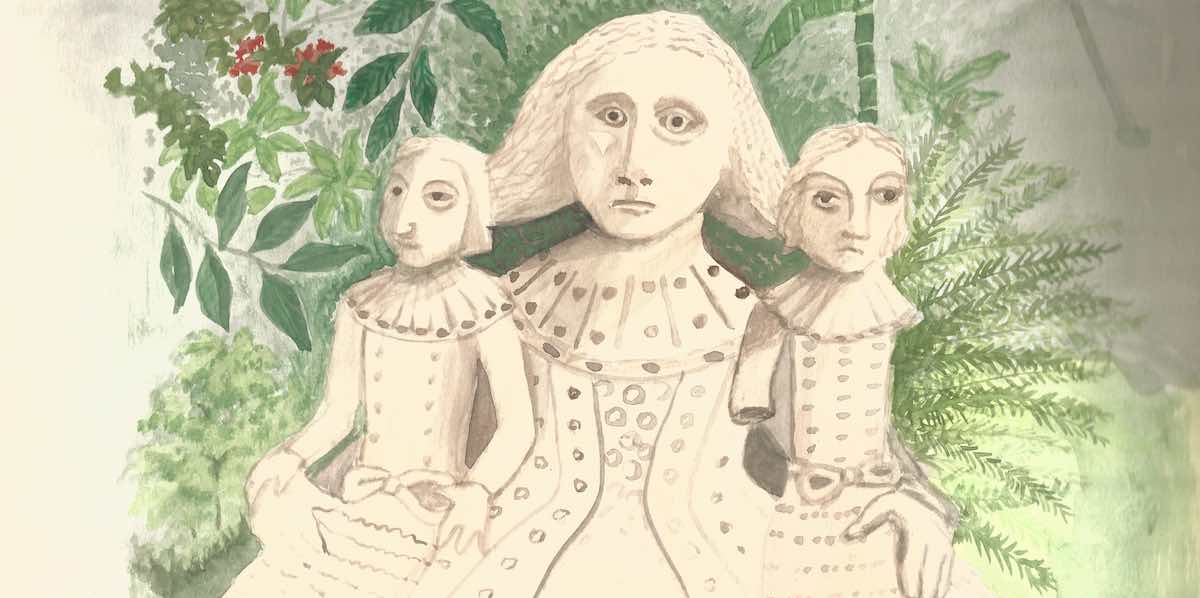
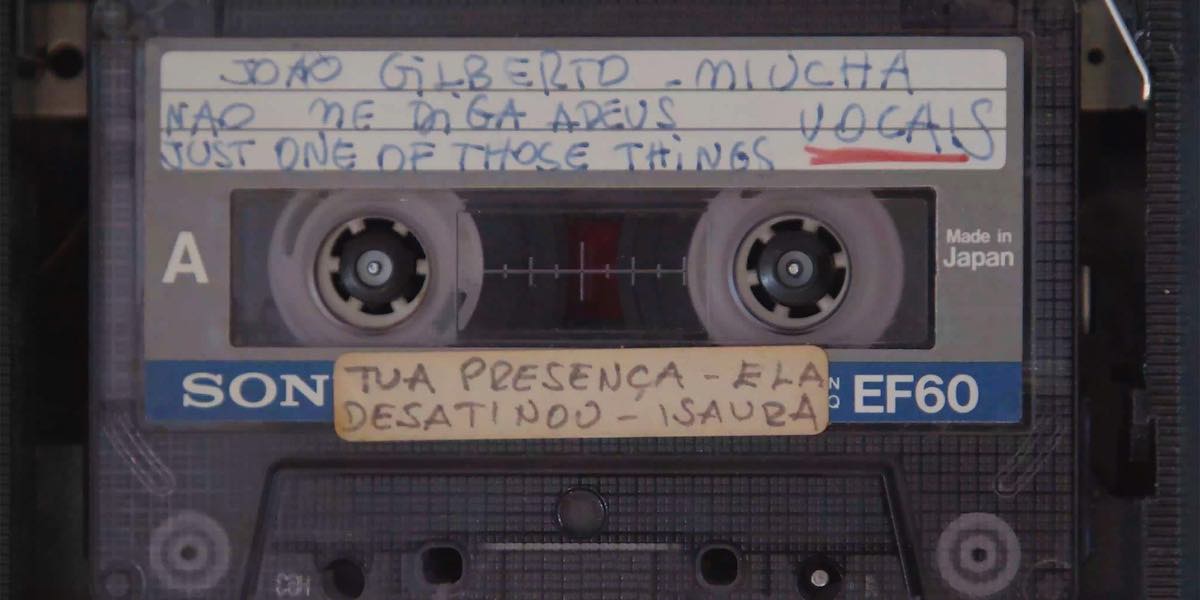
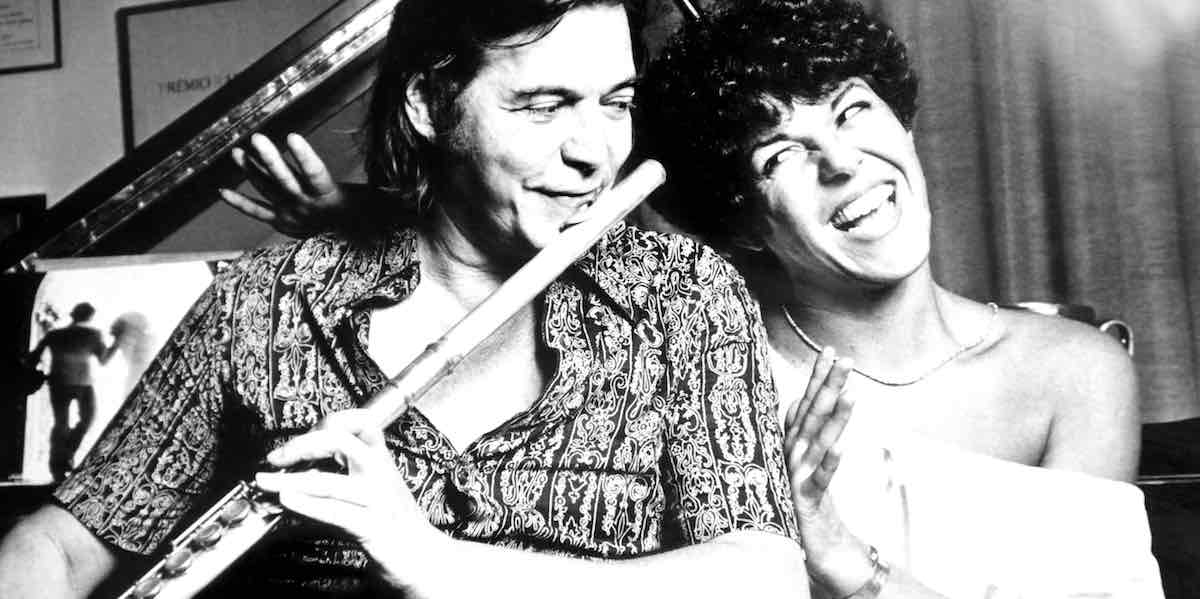
Toronto Int'l Film Festival
Telluride Film Festival
Festival do Rio
Göteborg Film Festival
IDFA Int'l Documentary Film Festival
FIPADOC Int'l Documentary Film Festival
Spanish Film Club
Related Films
 Chico & RitaFernando Trueba, Javier Mariscal, Tono ErrandoOscar®-winning director Fernando Trueba (Belle Epoque, Calle 54) and Spain’s legendary illustrator Javier Mariscal celebrate their passion for the ...
Chico & RitaFernando Trueba, Javier Mariscal, Tono ErrandoOscar®-winning director Fernando Trueba (Belle Epoque, Calle 54) and Spain’s legendary illustrator Javier Mariscal celebrate their passion for the ... Ruben Blades is not my Name(Yo no me llamo Ruben Blades)Abner BenaimACADEMY AWARD® PANAMA’S SUBMISSION FOR BEST FOREIGN LANGUAGE FILM. Latin American icon Ruben Blades, whose “thinking man’s ...
Ruben Blades is not my Name(Yo no me llamo Ruben Blades)Abner BenaimACADEMY AWARD® PANAMA’S SUBMISSION FOR BEST FOREIGN LANGUAGE FILM. Latin American icon Ruben Blades, whose “thinking man’s ... Boca ChicaGabriella A. MosesWhy you must-see this film. Because it is an example of the brilliant New Wave of Dominican Cinema. It tackles an incredibly important theme and it is ...
Boca ChicaGabriella A. MosesWhy you must-see this film. Because it is an example of the brilliant New Wave of Dominican Cinema. It tackles an incredibly important theme and it is ... Babygirl(La Hembrita)Laura Amelia GuzmánWhy you must see this film. Because it is the jewel of the New Wave of Dominican Cinema. Unlike films such as Alfonso Cuarón’s ‘Roma’ and ...
Babygirl(La Hembrita)Laura Amelia GuzmánWhy you must see this film. Because it is the jewel of the New Wave of Dominican Cinema. Unlike films such as Alfonso Cuarón’s ‘Roma’ and ... Home is Somewhere Else(Mi casa está en otra parte)Carlos Hagerman, Jorge VillalobosWhy you must-see this film. Because it is the most authentic, multi-awarded animated feature documentary providing an unusual intimate window into the ...
Home is Somewhere Else(Mi casa está en otra parte)Carlos Hagerman, Jorge VillalobosWhy you must-see this film. Because it is the most authentic, multi-awarded animated feature documentary providing an unusual intimate window into the ...Synopsis
Portuguese, English, French, and Spanish with English subtitles
With Miúcha, Chico Buarque, Vinicius de Moraes, João Gilberto, Antônio Carlos Jobim, Stan Getz
Why you must-see this film. Because, for the first time, the backstage story of the Bossa Nova movement is told from the female perspective, explaining the untold ins and outs of the history of the movement. Because the film includes never-seen-before family home video footage as well as unedited songs. And ultimately, because you will be enchanted by its musicality.
Known as the sister of Chico Buarque, the pupil of Vinicius de Moraes, the second wife of João Gilberto, the musical partner of Antônio Carlos Jobim, and the vocal accompaniment to Stan Getz’s saxophone, Miúcha was overshadowed by the male musicians in her life. But Miúcha’s vibrant spirit couldn’t be held back; she managed to earn unprecedented success, becoming a symbol of female resilience and a musical legend forever.
A tour de force, Miúcha, The Voice of Bossa Nova spans over twenty years. Starting in 1960s Paris and ending in early 1980s Rio de Janeiro, the film explores many social and political changes of this period through the lens of Miúcha’s experiences as a woman and her struggles to find her voice in a man’s world.
With Miúcha’s own narration, readings from her letters and diaries, her expressive watercolor drawings animated for the film, and magnificent music, the documentary offers a front-row seat to the expansion of Bossa Nova and a very intimate tale of one of the most important female figures of the movement, who, until now has stayed in relative obscurity.
Related Subjects
About the Director
Daniel Zarvos, Co-Director & Producer: Born in Rio de Janeiro, Daniel is a filmmaker, photographer, and visual artist. After studying film at Bard College, he has worked on numerous avant-garde film projects, as well as the feature-length documentaries Raízes do Brazil with Nelson Pereira dos Santos and Oscar Niemeyer: The Son of the Stars with Henry Raillard. Miúcha, The Voice of Bossa Nova is his first feature as a director.
Press
“This is a documentary that would appeal to fans of Bossa Nova and musical history, specifically as it relates to Miúcha and modern jazz. As an academic tool, the film may spur discussions in music, 20th-century history, and the feminist movement.” – Ray Boucher, Lecturer of Theater and Film (SUNY Buffalo State, SUNY Geneseo, GCC, NCCC), EMRO
“Even those who thought they knew Miúcha will learn things from this carefully researched portrait, which charts her highs and lows, in music and life. ” – The Arts Fuse
“As cool and laidback as Bossa Nova itself!” – Original Cin